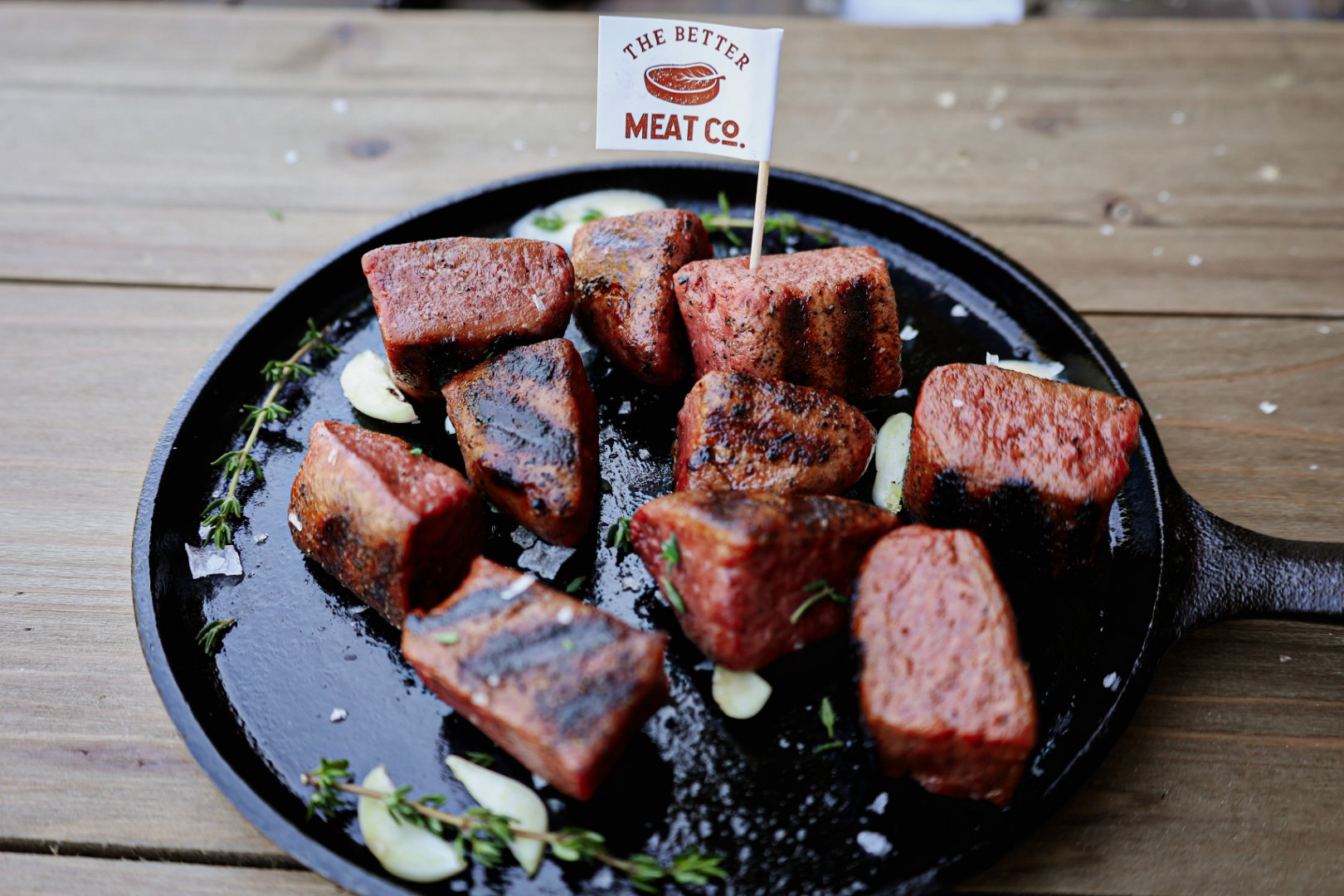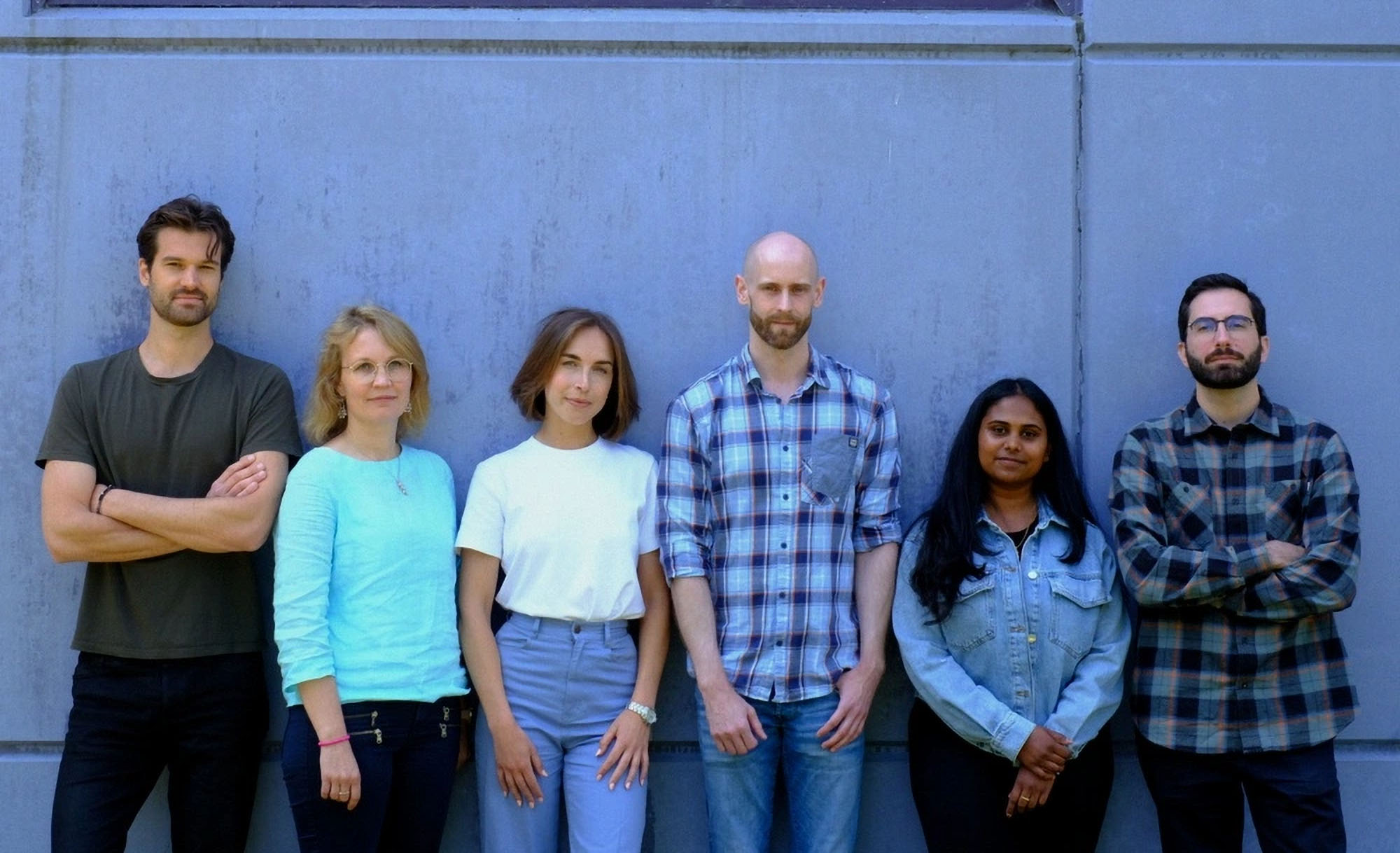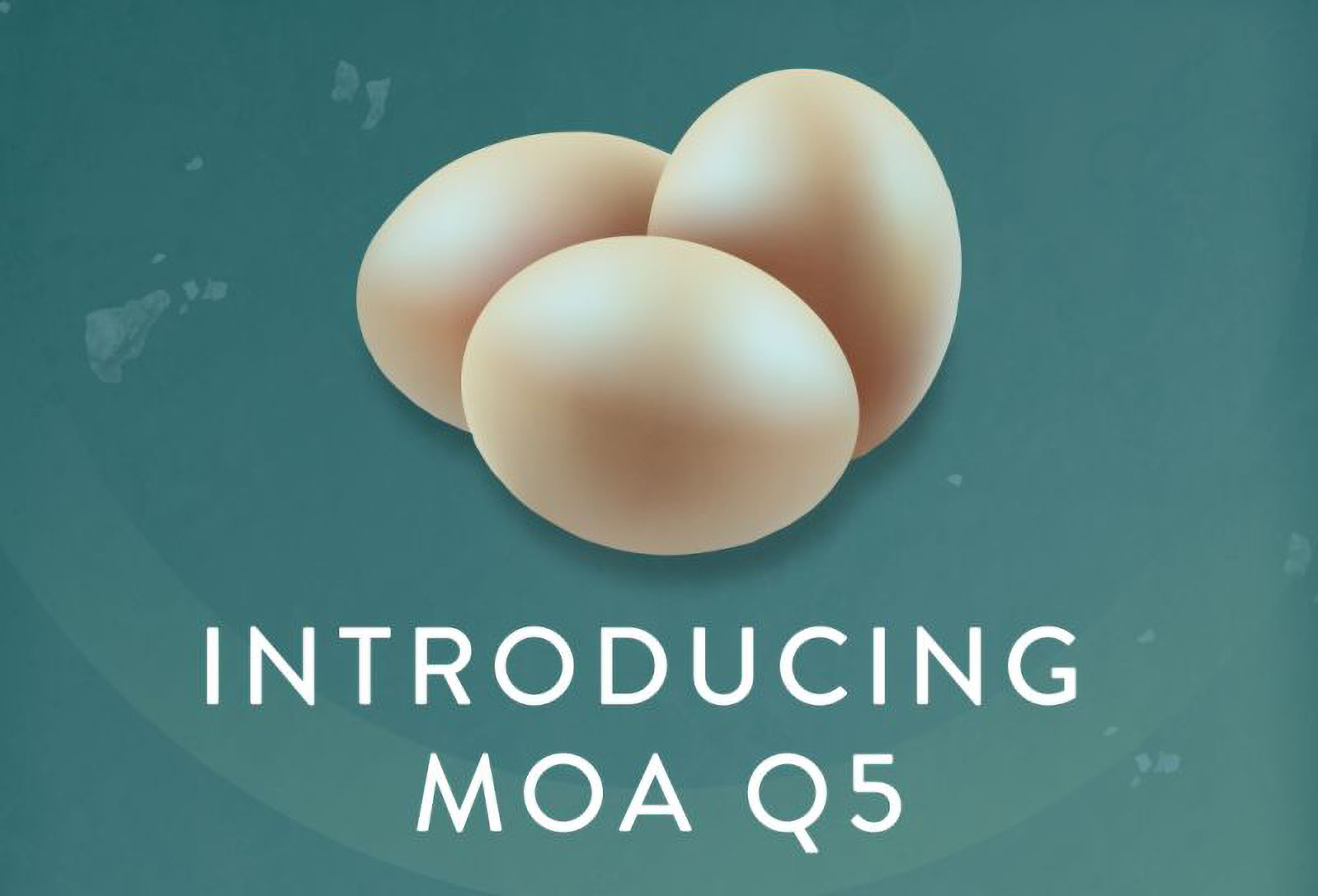
.jpg)
The future is fungi: How The Better Meat Co is transforming protein with mycelium
TIME magazine’s inclusion of The Better Meat Co’s Rhiza mycoprotein among its 'Best Inventions of 2025' marks a rare moment when food innovation stands shoulder to shoulder with AI and space technology. Behind the accolade is a team turning fungi into one of the fastest, most sustainable protein sources on Earth
Paul Shapiro has never been content to stand on the sidelines of change. For years, he was one of America’s most outspoken advocates for animal welfare and sustainable food. But persuasion, he realized, would never be enough to shift global diets at scale. Real transformation would require invention – a technological leap that could make doing the right thing also the easiest and most affordable choice.
That conviction ultimately led him to co-found The Better Meat Co, the Sacramento, California-based food-tech company behind Rhiza mycoprotein – a high-protein, whole-food ingredient made from fungi. Produced through a rapid fermentation process that grows from spore to harvest in a matter of hours, Rhiza offers food companies a way to enhance flavor, texture, and nutrition while cutting costs and environmental impact.
Today, TIME magazine named Rhiza one of the ‘Best Inventions of 2025’, placing it alongside breakthroughs in AI, quantum computing, and space technology. For Shapiro, the recognition is more than an accolade. It’s a signal that food innovation has finally claimed its place in the global imagination.

Building a better food system
“The recognition from TIME belongs to our very smart scientists, engineers, and operations team who’ve labored for years to invent and optimize our product and processes,” Shapiro says. “They’re the ones offering hope that a better food system – and therefore planet – is possible through protein innovation.”
It’s an achievement rooted in years of experimentation and scale-up. In 2021, The Better Meat Co inoculated its 9,000-liter fermenter for the first time, uncertain how its process would perform. “After years of work at a smaller scale, we anticipated the fermentation would take two days,” Shapiro recalls. “When it was complete in less than one day, we were awed.”
“These inventors offer hope that a better food system – and therefore planet – is possible through protein innovation”
That efficiency is what makes Rhiza so disruptive. Unlike animal or even plant agriculture, the company’s fermentation process can yield a complete protein ingredient within hours. “In animal agriculture, you feed corn-based foods to chickens and watch them grow,” Shapiro explains. “We do the same thing, except instead of feeding birds, we’re feeding microbes. And instead of taking weeks to reach ‘slaughter weight’, our process takes only hours.”
The result is a shelf-stable, allergen-free ingredient rich in protein, iron, zinc, and fiber – but with no cholesterol, saturated fat, or trans fats.
Shapiro has long argued that the mainstream plant-based meat sector has hit speed bumps. “Plant-based meat has struggled with what I call the Three Ps: price, performance, and perception,” he says. “Rhiza mycoprotein is an antidote to all three.”
At scale, the ingredient can be produced for less than the cost of ground beef, offering a crucial advantage over many plant proteins that rely on expensive isolates or additives. “It’s more meat-like and better flavored than TVP ingredients,” he adds. “And it’s not processed – it’s an all-natural whole food.”
Conventional plant proteins often need flavor maskers or bitter blockers to make them palatable. Rhiza, by contrast, has a naturally savory profile that requires none. “Conventional TVPs used to make plant-based meat often require bitter blockers, flavor maskers, added sodium, and so on,” says Shapiro. “Rhiza mycoprotein needs none of that.”

A new generation of mycoprotein
Mycoprotein is not new to the world. Quorn’s Fusarium-based product has been on the market for decades and remains a category-defining pioneer. Shapiro, however, sees vast untapped potential in the fungi kingdom.
“Quorn is the true pioneer in the mycoprotein sector,” he says. “They’ve served as an inspiration to me for many years. At the same time, imagine if the only plant anyone ever ate was soy – no wheat, no lentils, no chickpeas. Just as there are thousands of plants we can eat, each with differing nutrition, texture, color, and functionality, there are similarly thousands of kinds of mycelium we can enjoy.”
That diversity is central to his vision. “Quorn has pioneered one of them,” he continues. “It’s time for humanity to have the choice of others, including those more meat-like in their texture, like Rhiza.”
Unlike many mycoprotein products that require cold storage, Rhiza’s dry, shelf-stable format means it can be shipped anywhere without refrigeration – a critical advantage for food security in developing regions. “This is a dry, shelf-stable ingredient that can be shipped anywhere on Earth,” says Shapiro. “That makes its possibilities endless.”
“At scale, we can sell Rhiza for less than the cost of ground beef”
The inclusion of Rhiza on TIME’s list isn’t just an industry nod; it’s a sign that food technology now stands alongside digital and space innovation in shaping humanity’s future. “This recognition further validates our thesis: the world is ready for a new whole-food ingredient that can help food manufacturers make better meat,” Shapiro says.

Already, Rhiza has found its way into tens of thousands of meals across the USA, and demand is growing. The company has six patents covering its processes and is now taking advance orders for commercial-scale production from its upcoming facility, expected to begin operations by the end of 2026.
For Shapiro, the milestone underscores how far fermentation-based food has come. “The world needs another agricultural revolution,” he says. “Mycelium can play a major role in helping produce much more food on much less land and without so many animals.”
Toward a new agricultural revolution
In a world facing the twin crises of climate change and resource scarcity, Shapiro believes the solution lies beneath our feet – in the microbial networks that have quietly sustained ecosystems for millions of years.
“Rhiza is one step in making that happen,” he says. “We intend to bring other versatile fungi proteins to the world toward that end. Slaughtering billions of animals a year for food is simply not going to cut it in the future. We need to bring that number down while ensuring humanity has access to safe, delicious, novel crops such as our mycoprotein.”
That kind of long-term ambition requires patience and pragmatism. “Things often take longer and cost more than you think they will,” he admits. “So plan accordingly.”
Still, his optimism never wavers. “I’m bad at predicting the future,” he confesses, “and more focused on trying to make an impact in the very near term.”
For all its technical sophistication, The Better Meat Co is driven by a simple moral calculus: the belief that innovation should serve life. Shapiro often cites an old Quaker line that captures that urgency. “I shall pass through this world but once. Any good therefore that I can do, or any kindness that I can show to any creature, let me do it now.”
In the context of global food production, it reads like both a challenge and a promise. With fungi as his medium, Shapiro is answering that call – not through advocacy alone, but through invention.
And as he likes to remind people, “The future is fungi – and it’s delicious too.”
If you have any questions or would like to get in touch with us, please email info@futureofproteinproduction.com






